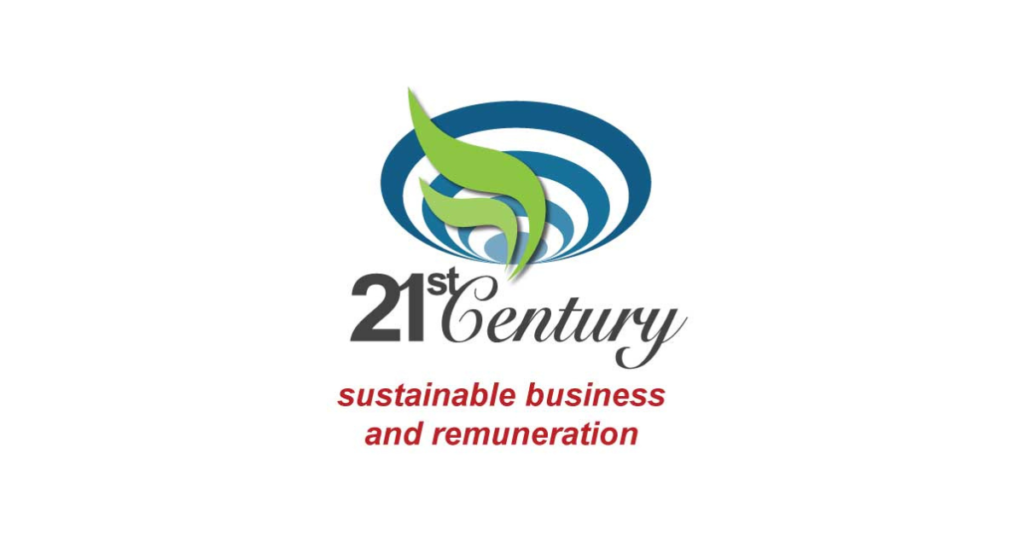
|
Listen to this article.
Getting your Trinity Audio player ready...
|
Negotiating a salary increase is a crucial career skill, yet many employees make mistakes that weaken their chances of success. In South Africa, where structured HR policies typically govern pay progression, employees must approach salary discussions strategically. Industry dynamics also play a role in how salary negotiations unfold, requiring tailored approaches.
Common Mistakes and Their Causes
1. Failing to Prepare and Provide Justification
Many employees request raises based on personal financial needs rather than their contributions. Employers consider market rates, company performance, and individual value. Without data to support their request, employees weaken their argument.
2. Choosing the Wrong Timing
Requesting an increase outside of performance reviews or budget cycles reduces the likelihood of success. HR policies often dictate when raises are considered, so employees should align their requests accordingly.
3. Comparing Themselves to Colleagues
Arguing that a colleague earns more for a similar role is ineffective. Salary differences arise from experience, qualifications, and negotiation skills. A stronger case focuses on personal contributions.
4. Being Too Emotional or Confrontational
Approaching the conversation with entitlement, frustration, or demands often backfires. Employers prefer rational, business-oriented discussions.
5. Ignoring Company and Industry Performance
Employees who demand increases despite company-wide financial struggles appear out of touch. Understanding the employer’s financial position and industry trends is essential.

Industry-Specific Salary Negotiation Approaches
1. Technology Sector
Why It Differs: The tech industry faces skill shortages, leading to competitive salaries and frequent job offers. Employees with in-demand skills have strong negotiation power.
Effective Approach: Employees should emphasise their technical expertise, impact on innovation, and industry salary benchmarks. They can also leverage external job offers strategically.
2. Hospitality Sector
Why It Differs: The industry often operates on tight margins with lower salaries, making increases harder to secure. Pay structures are standardised in large hotel chains.
Effective Approach: Employees should highlight service excellence, customer satisfaction scores, and revenue contributions. Timing requests before peak seasons may increase success rates.
3. Manufacturing Sector
Why It Differs: Pay progression is often structured within collective bargaining agreements, with limited room for individual negotiation. Wage increases depend on union negotiations and company performance.
Effective Approach: Employees should frame requests around efficiency improvements, safety records, and contributions to production output. If in a non-unionised role, aligning with operational goals is key.
4. Financial Services Sector
Why It Differs: Financial services firms offer structured pay scales but also provide performance-based bonuses. Compensation aligns with profitability and regulatory constraints.
Effective Approach: Employees should emphasise revenue impact, compliance expertise, or leadership in high-value projects. Benchmarking against market rates within regulated salary bands strengthens the case.
Executive vs. General Staff Approaches
Executives negotiate increases based on strategic contributions, profit impact, and leadership, while general staff typically align their requests with performance metrics and industry benchmarks. Executives have greater negotiation leverage, while general employees must navigate structured HR processes (Lazear, 2018).

South African-Specific Considerations
In South Africa, salary negotiations must account for factors such as labour laws, employment equity policies, and industry-specific wage structures. The Basic Conditions of Employment Act (BCEA) and Labour Relations Act (LRA) set minimum wage standards and protect employees from unfair labour practices. Additionally, Employment Equity (EE) regulations require companies to balance salary adjustments with transformation objectives, meaning pay increases must align with broader diversity and inclusion. In unionised sectors such as manufacturing and mining, wage increases are often negotiated collectively rather than individually. In contrast, sectors like financial services and technology provide more room for performance-based salary adjustments. Employees must also consider South Africa’s economic climate, as salary negotiations during downturns may be less successful. Furthermore, skills shortages in industries such as IT, engineering, and healthcare increase leverage for employees with specialised expertise. Understanding these national factors ensures that salary requests align with both legal and economic realities.
Effective Narrative for Requesting an Increase
“I appreciate the opportunities I have had in this company and the role I play in achieving our goals. Over the past [X months/years], I have contributed by [specific achievements]. My responsibilities have grown, and I have taken on additional duties that add value to the company. Based on market research and internal benchmarks, I would like to discuss a salary adjustment that reflects my contributions. I am open to discussing how I can further align my work with company priorities to justify this increase.”
This article is based on research conducted by Dr Chris Blair of 21st Century, one of the largest remuneration consultancies in Africa. Please contact us at [email protected] for any further information.

About 21st Century:
21st Century, a level 2 BBBEE company, is one of the largest Business and People Solutions consultancies in Africa, specialising in sustainable business solutions and underpinned by exceptional Analytics and Research capabilities, with a team of more than 60 skilled specialists, servicing over 1700 clients – including non-profit organisations, unlisted companies, government, parastatals and over two-thirds of the companies listed on the JSE. 21st Century offers bespoke business and strategy planning services, operating model and organisational design, creative reward practice modelling and market data, change, stakeholder and culture management, training courses and comprehensive human capital and talent plans. 21st Century continues to offer solutions via a combination of virtual channels and on-site presence.
21st Century has five business areas: Remuneration and Reward, Organisational Design, Change Management, People & Talent and Analytics.
21st Century has both national and international capabilities. We offer full-spectrum Human Capital services to sub-Saharan Africa & Middle East clients, and as the African representative of the GECN group (www.gecn.com) have access to expertise on every continent around the world.
Share via:




















